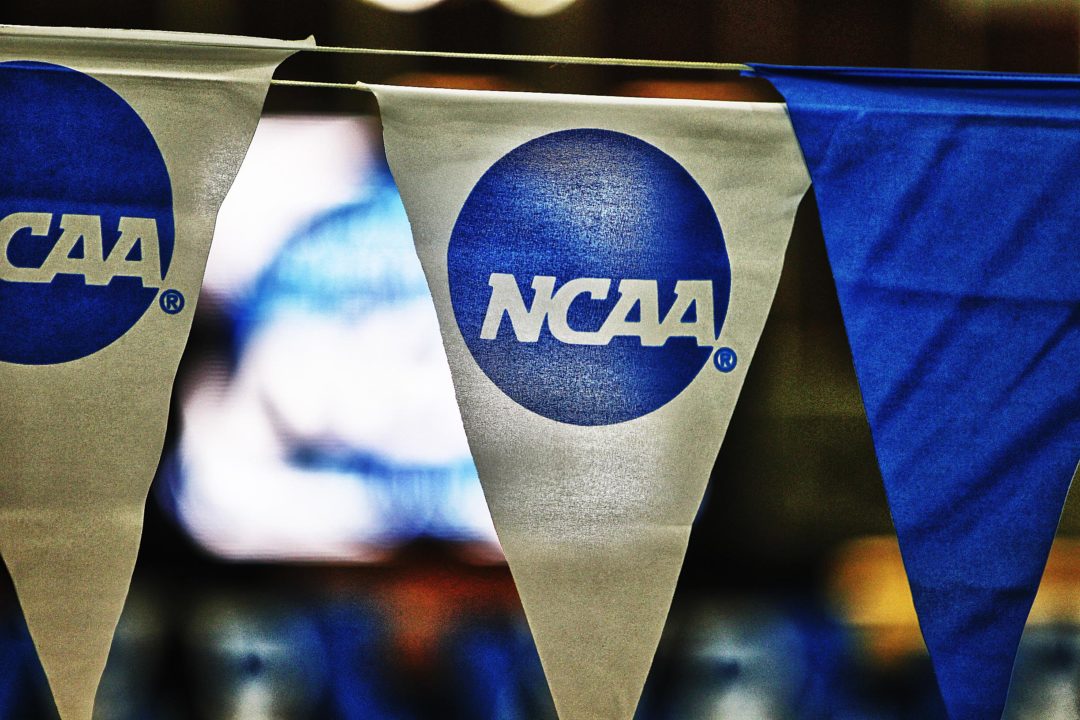The NCAA will cede enforcement authority of its amateurism rules if the House settlement is granted final approval.
Speaking at the Knight Commission meeting on Tuesday, NCAA President Charlie Baker confirmed the organization will no longer police amateurism if the settlement goes through, ceding it to the Power Conferences and the College Sports Commission they’ve created.
The commission will govern the new rules related to the revenue-sharing cap and NIL collective deals, while the NCAA will retain enforcement in other areas such as academic eligibility, in-game sports rules, sports betting, and it will continue to run championships.
Charlie Baker is saying that the power conferences are in charge of enforcement for the rules created by the House settlement.
“And so the power conferences response to [the lawsuit] is to create an entity, the College Sports Commission. … The point behind that was to have an…
— Amanda Christovich (@achristovichh) May 20, 2025
“The power conferences’ response to [the lawsuit] is to create an entity, the College Sports Commission,” Baker said, according to Front Office Sports’ Amanda Christovich. “The point behind that was to have an entity that would see the cap management system and the third-party NIL system. Have rules associated with both. Create enforcement parameters for violating those rules under the rubric that would be the theoretical injunction.”
The College Sports Commission will own “NIL Go,” the clearinghouse software created by Deloitte to determine whether or not a NIL deal tabled by a collective or booster is offering fair-market value, or if the deal is actually pay-for-play disguised as NIL, according to Front Office Sports.
Front Office Sports also reports that athletes, schools and third-party NIL entities could challenge the clearinghouse and revenue-sharing cap in court on antitrust grounds—problems previously handled by the NCAA, but will now be dealt with by the Power Conferences.
The NCAA is getting out of the business of enforcing athlete compensation limits.
It’s handing that power over to the P4, via the new College Sports Commission.
Will it have the same issues the NCAA has encountered, particularly lawsuits by states and athletes? https://t.co/Y07txVHuXu pic.twitter.com/1nwi9E4VSt
— Mit Winter (@WinterSportsLaw) May 21, 2025
If an athlete, school or a third-party violates salary cap rules or offer pay-for-play NIL deals, the yet-to-be-named CEO of the College Sports Commission would have the final say on the penalty, according to ESPN.

Do you guys think Phelps would be able to A final at the 26 NCAAs?
Not prime Phelps, like 41 year old today Phelps
Rules, rules, rules. Some only live to make more rules. Then when the landscape changes, they make new organizations to make make more and different rules.
Folly looks like this. The bumpy ride continues.
Interesting take because that’s essentially what sports are: physical efforts dictated by a set of rules. Every single sport has a rule book.
What’s the alternative to rules? I see none.
Well this piques my interest…
Why not just tell the kids they don’t need to enroll in a college to play these sports.
I can’t wait to see schools working hard to find ways around the CSC’s rules.